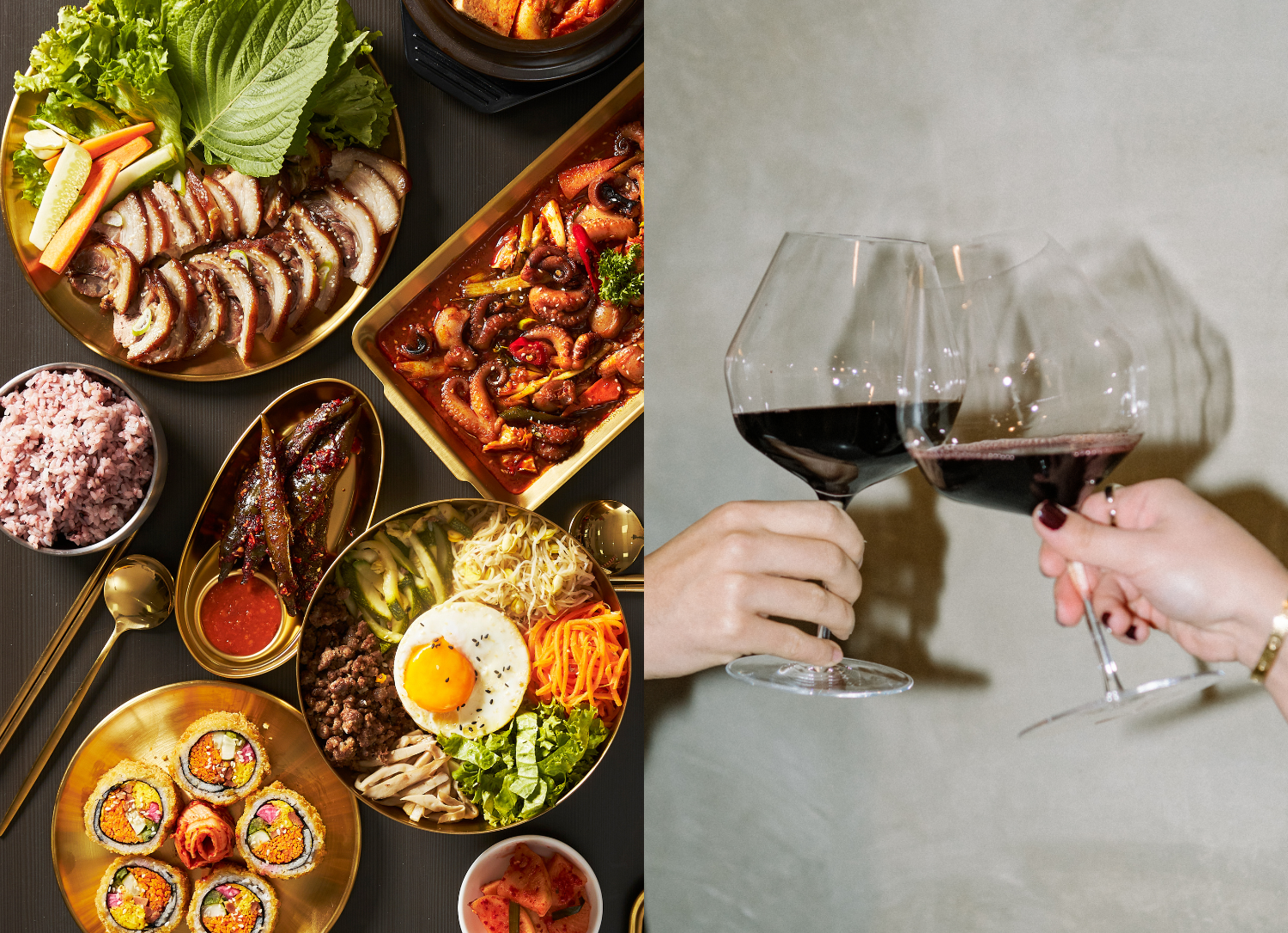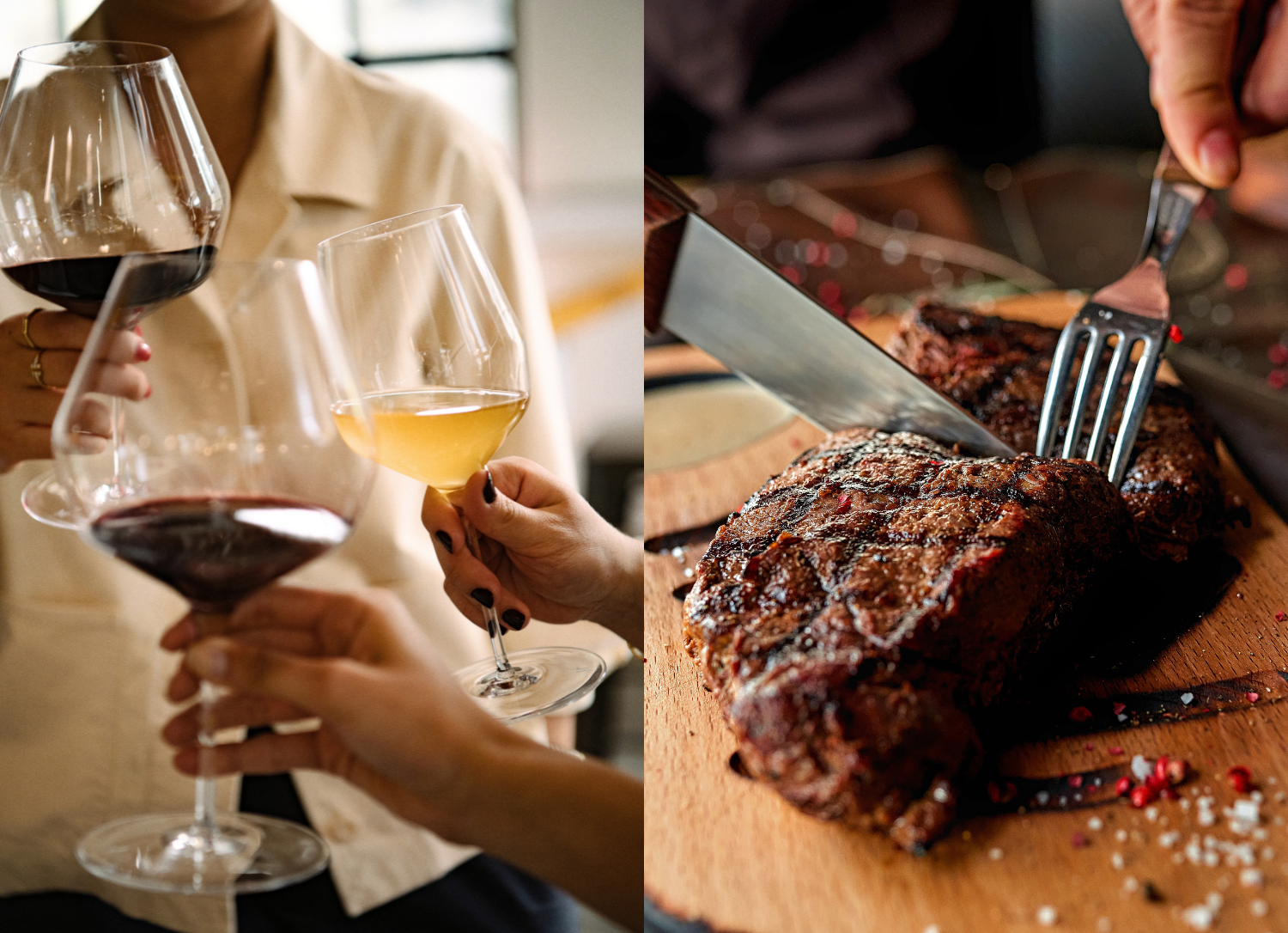Built on the mountains of Ashikaga in Tochigi Prefecture, Coco Farm & Winery’s natural wines have an unusual story. In the 1950s, Noboru Kawada was a teacher at a special school for children with intellectual disabilities—and together with a group of his junior high students, began to build a vineyard as an outlet for them. They would begin with planting uniquely Japanese grapes like Muscat Bailey A and Riesling Lion on the steep 38° slopes, and toast their first wines 26 years later.
Today, Coco Farm & Winery has grown in more ways than one: its original 6 hectares of vineyard that had been created in Ashikaga have expanded to private fields in Hokkaido and Yamagata as well. At the foot of their original vineyards now stands Kokoromi Gakuen, a social welfare organization and institute to support adults with intellectual disabilities.
Moreover, Coco Farm has slowly built itself a reputation for celebrating the beauty of Japanese grape varietals and Ashikaga’s terroir—and that’s the reason they’re one of our favorite winemakers here at (Super)Natural. Their natural wine, always grown without any herbicides and made with minimal intervention, has been used for toasts at the 2000 G8 meeting in Okinawa, and their wines are served at Japan Airlines’ airport lounges, as well as on flights for first and business class.
With his arrival as winemaker in 2001 and gradual rise to head winemaker, Toyoichiro Shibata has played an essential part in Coco Farm’s growth and success, guiding its wines with extraordinary care and his own dedication to minimal intervention.
As head winemaker, he makes every decision to do with the process of winemaking and carries them out, from brewing and fermenting to blending and bottling—to even closely collaborating with the vineyards to make bring out the best of the grapes according to the year’s climate and their own special characteristics. Here, we interview Shibata on what makes Coco Farm’s wines special, from grapes and terroir to style and philosophy:

When did your love for wine start?
The very first wine that I had during my university gave me a great impression. I was moved by the depth of wine, the scent and the taste, which changes according to the lapse of time. I majored in brewery at [Tokyo University of Agriculture], and through actually brewing wine by myself, I came to know the vast area and the depth of the world of wine. Moreover, unlike the other categories of brewing, the fact of wine having closer relation with agriculture attracted me to it.
How did you become a winemaker for Coco Farm & Winery?
After my graduation, I joined Coco Farm in 2001, and gradually took responsibility for brewing. Here at Coco Farm, we grow grapes with staff with intellectual disabilities and create wine. It was a great feeling to work with those staff, and I was very attracted by their sincere attitude.

Do you have golden rules when it comes to winemaking?
First of all, I respect the vineyards. My belief is that good wine comes from good vineyards.
The next is "not to put in too much human influence.” What we can do is to provide minimal intervention to make the best of the characteristics of the grapes themselves. Rather than to control the taste, what is important is the attitude to accept the appearances of each vintage as they are.
We value taking the best effort together with the people of Kokoromi, and concentrate on harmonized work—not forgetting to enjoy, as well.
Would you say there’s something that Coco Farm does differently versus other wineries?
The history of Coco Farm dates back to the 1950s, when the mentally handicapped young staff began to cultivate the slope of a mountain to be vineyards. The terroir, the slope and the vast hand work all together formed the current taste of Coco Farm. The diversity of human beings and the diversity of nature resonate with each other—that’s the kind of place it is.

What do you think is the importance of wine being made organically and naturally today?
Making organic and natural wine does not only benefit the environment and health, but more than that, it is essential to "express the characteristics of the terroir.” By reducing the effect of pesticides or chemical involvement, we are able to listen to the voice of the grapes better. As a result, the wines that are produced become unique and can deeply move the heart of the person drinking it.
How did Coco Farm choose to cultivate its mix of uniquely Japanese varietals and those from the Old World?
The climate of Ashikaga is humid, and as we also have the rainy season and typhoons, we need to grow varieties that are resistant to diseases. Out of those, the unique varieties of Japan or the hybrid varieties mean a lot to us. At the same time, we also adopt the traditional breeds from the Old World experimentally, and are in search to find the most suitable breed for our vineyards.
Varietals such as Muscat Bailey A, Norton, and Petit Manseng especially form the characteristics of our wine.

If wine is a reflection of grape and terroir, how do you think the terroir of Ashikaga, Tochigi shapes your wines?
Ashikaga is located inland in the Kanto Plains, and we have very hot summers and cold winters. The vineyards of Coco Farm, being cultivated at the slope of a mountain, enjoy the good air circulation as well as rich sunshine, good water drainage, and the thin surface soil. Those all result in fully ripe grapes, and condensed, yet fine wine with a strong core.
What do you think sets Japanese wines apart from the rest?
In a few words, "delicacy" and "the warmth of human beings." Japanese wines are not at all fancy, but have a good match with food, and fit well with everyday life. The rainy climate, the rich four seasons, as well as the careful handiwork are all expressed in the taste. And also, the personal character of the brewer is often embedded in the wine, which I consider to be one of the charms of Japanese wines.
What’s next for Coco Farm & Winery?
The next target is "to create wines for the next generation." We need to tackle climate change—however, at the same time, we want to pursue growing grapes and creating wines that are sustainable at the same time. Moreover, we'd like to enhance activities to promote our actions of the collaboration of welfare and agriculture to broader groups. We want to keep up the dialogue with nature, human beings, as well as society through our wine.
Where to buy Coco Farm & Winery natural wines in Metro Manila
To try these Japanese natural wines yourself, you can shop Coco Farm & Winery wines in Manila at (Super)Natural. We offer signature bottles such as their Kaze no Etude, Noumin Dry, Noumin Rosso, Tannat Rosé, and even their Mata Yaronne dessert wine, all made naturally with their signature care and emphasis on terroir and varietals.
Buy Japanese natural wine now at (Super)Natural and enjoy same-day delivery when you place your order before 2 PM.




